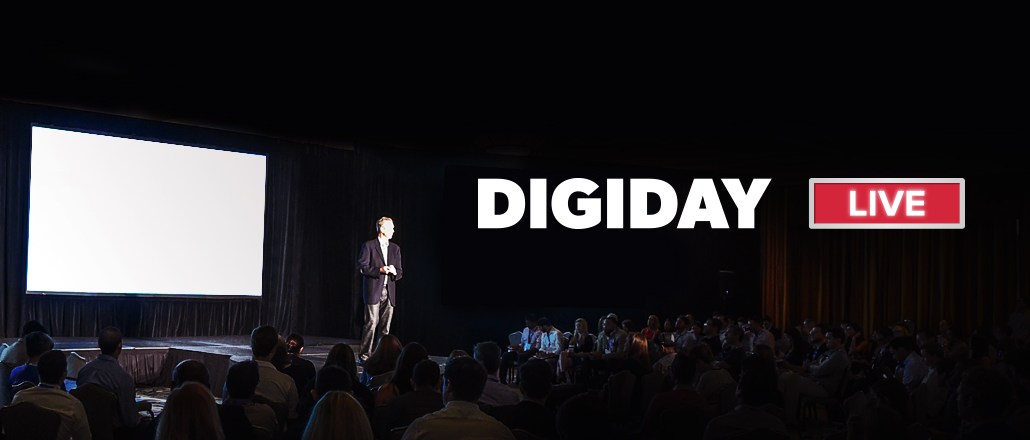Secure your place at the Digiday Media Buying Summit in Nashville, March 2-4
‘It’s a Faustian agreement’: Bloomberg Media talks about the dilemma of platform publishing

At the Digiday Publishing Summit Japan in June, publishers gathered to share their success and challenges in expanding into Asian markets. We made the best sessions from that summit available on iTunes and Stitcher through Digiday Live, a podcast series from Digiday that features the best conversations and presentations from the summits we host around the world, all downloadable for easy listening.
In the latest episode of the podcast, Bloomberg Media talks about what it’s coming up against in the region. Parry Ravindranathan is managing director for Bloomberg Media’s business across EMEA and APAC. He spoke at the Digiday Publishing Summit in Japan in June about Bloomberg’s reticence when it comes to platform distribution, the challenge of hiring for digital video and competing with entrenched local media players for ad dollars.
On platforms: “It’s both an opportunity and a challenge. I don’t fully understand the economics of the model for a big media publisher like us […] it’s a Faustian agreement. They could change the rules tomorrow and we could be stuck.”
Want to hear more international summit highlights? Listen to other sessions from the Digiday Summit Japan below.
- How the Financial Times balances advertising with a subscription model in the AIPAC region.
- How Time Inc. builds loyal audiences at scale.
To hear more from our summits around the world, subscribe to Digiday Live on iTunes or Stitcher.
More in Media

Digiday+ Research: Dow Jones, Business Insider and other publishers on AI-driven search
This report explores how publishers are navigating search as AI reshapes how people access information and how publishers monetize content.

In Graphic Detail: AI licensing deals, protection measures aren’t slowing web scraping
AI bots are increasingly mining publisher content, with new data showing publishers are losing the traffic battle even as demand grows.

In Graphic Detail: The scale of the challenge facing publishers, politicians eager to damage Google’s adland dominance
Last year was a blowout ad revenue year for Google, despite challenges from several quarters.





